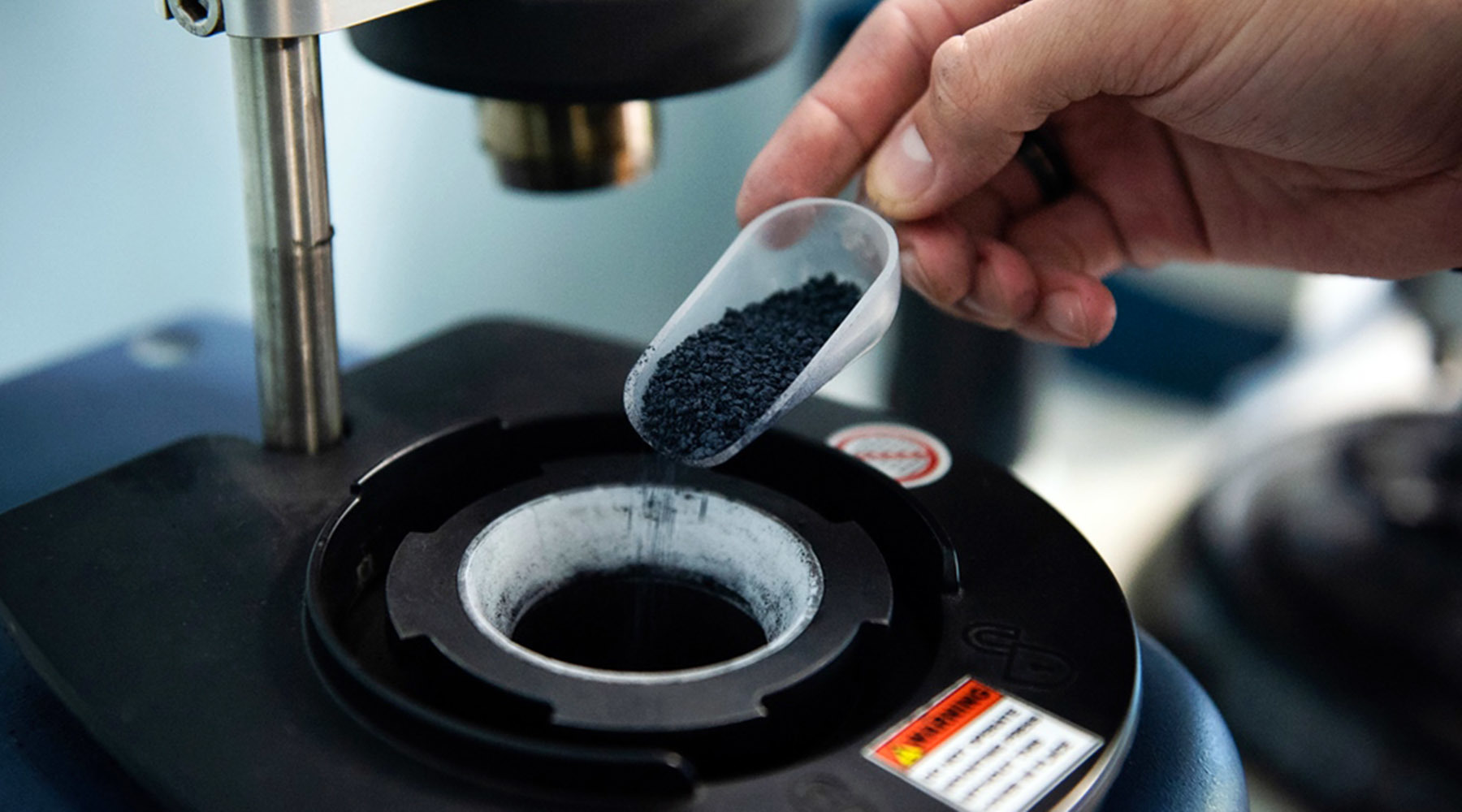Scientists at Tomsk State University (TSU), with the participation of specialists from the Nizhny Novgorod Research Institute of Physics and Technology and the St. Petersburg State Technological Institute, have proposed a new method for producing slippery ceramics - ultra-strong ceramic composite materials with an anomalously low friction coefficient. This was reported by the press service of the university. The project is supported by the Russian Science Foundation.
The work is based on the creation of a technology for the production of ceramic compounds of aluminum, magnesium and boron (AlMgB14) with special additives. The composite obtained from such components belongs to the class of superhard materials and is inferior in hardness only to diamond and boron nitride, said Ilya Zhukov, initiator of the slippery ceramics project, head of the nanotechnology metallurgy laboratory at TSU, in an interview with RT.
- Additional hardness to the new composite is provided by special additives.
- © Tomsk State University
Due to additives, in particular titanium diboride, the hardness of the new composite is 40% higher than in similar samples without additives, and the friction coefficient is almost two times lower than that of lubricated polished steel.
“Research on slippery ceramics began in the early 2000s. We proposed a new effective method for creating ceramic composites based on AlMgB14 using self-propagating high-temperature synthesis technologies and subsequent spark plasma sintering. The combination of these methods provided our material with better characteristics than its foreign counterparts, ”said Ilya Zhukov.
Due to the low coefficient of friction, parts made of new material can work almost without lubrication. Such characteristics make the composite attractive for both civilian and military applications, the researchers believe. For example, the use of parts and coatings made of AlMgB14 in friction units of refrigeration equipment and air conditioners will reduce their noise and increase the service life. Also, the technology can be used to create reliable parts for aircraft and silent submarines, says Ilya Zhukov.
According to the scientist, the results of the study were previously published in the scientific journals Materials Today Communications and Ceramics International, as well as presented at the specialized international conference TMS-2020. The newest technology for the production of slippery ceramics is currently undergoing a patenting process.
In the future, scientists plan to produce a large series of samples to test electrical and thermal conductivity, studies of mechanical properties and coefficient of thermal expansion of the material. The experiments will help to clarify the possibilities of using the new alloy as a coating for steel, titanium and other metals.

